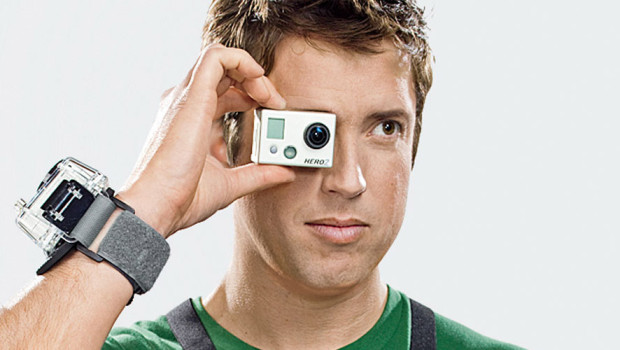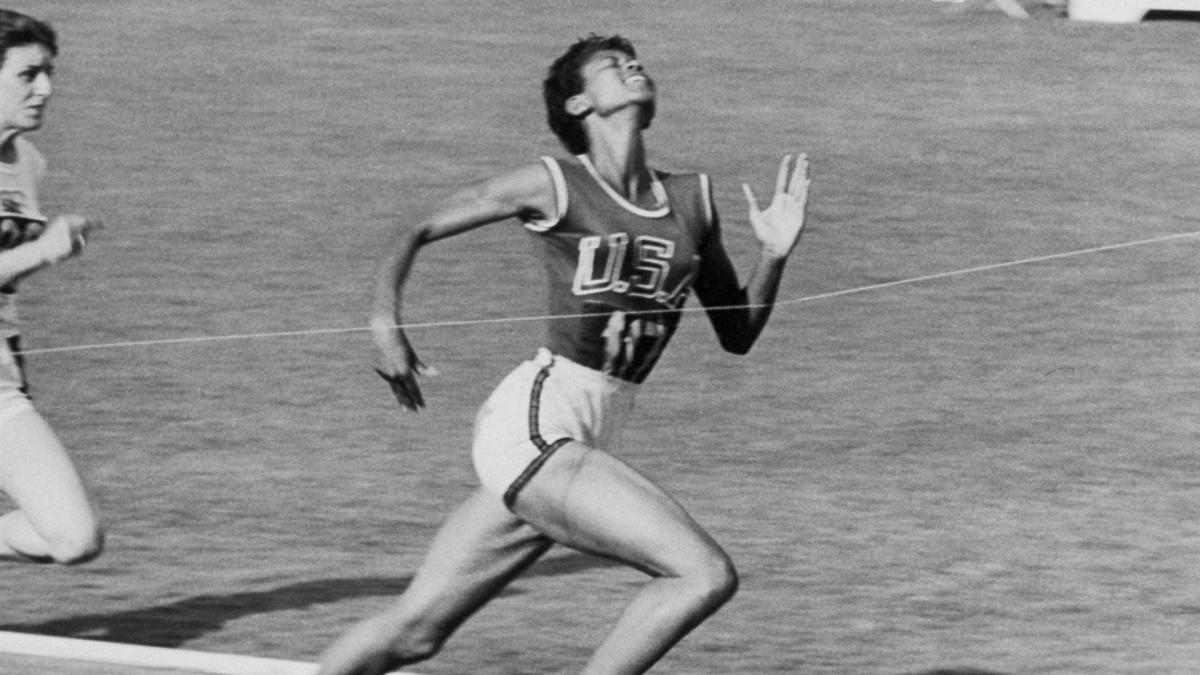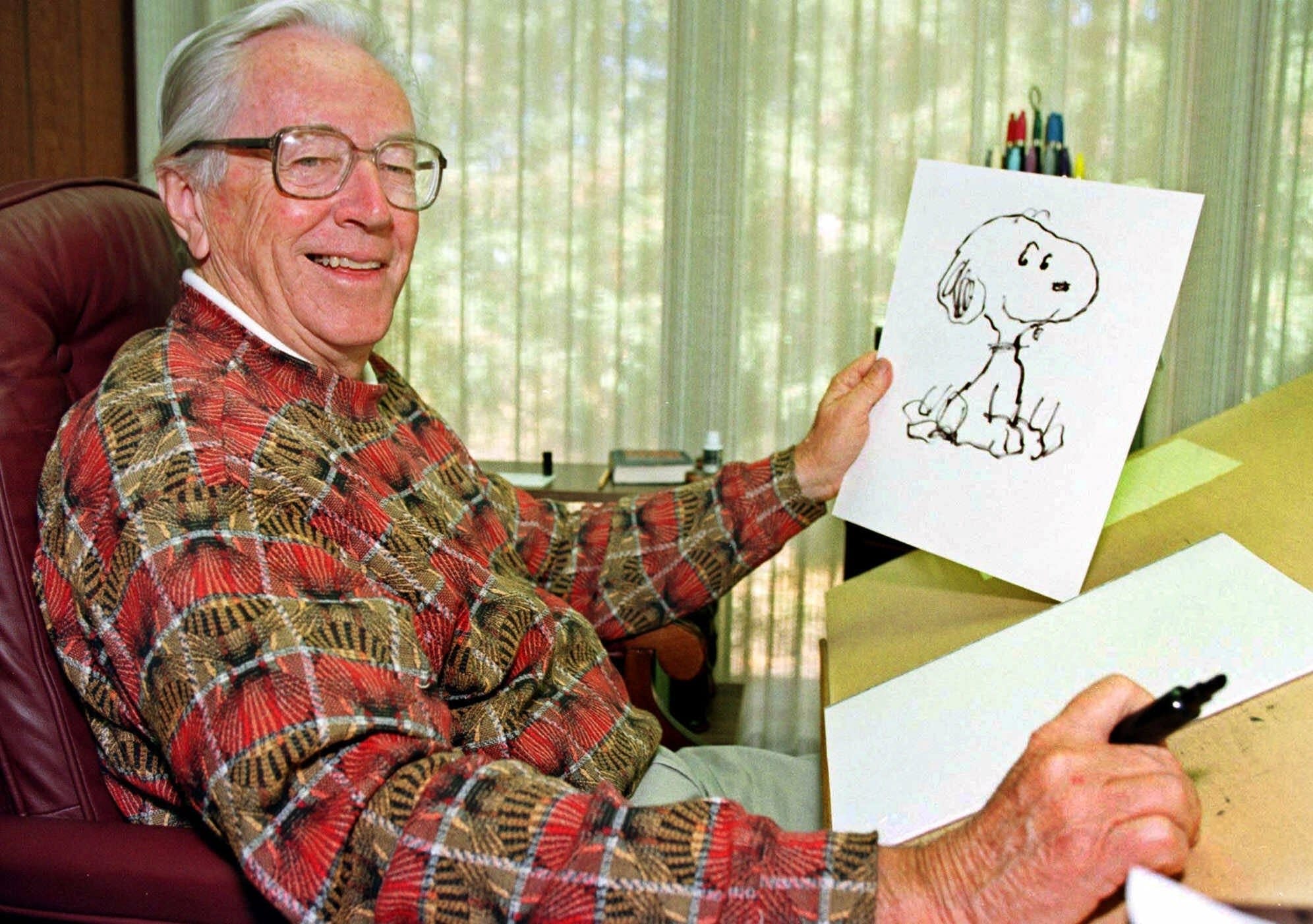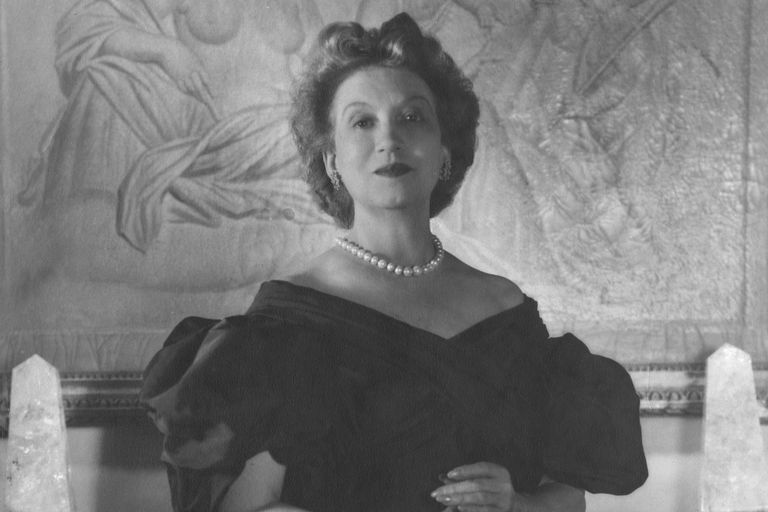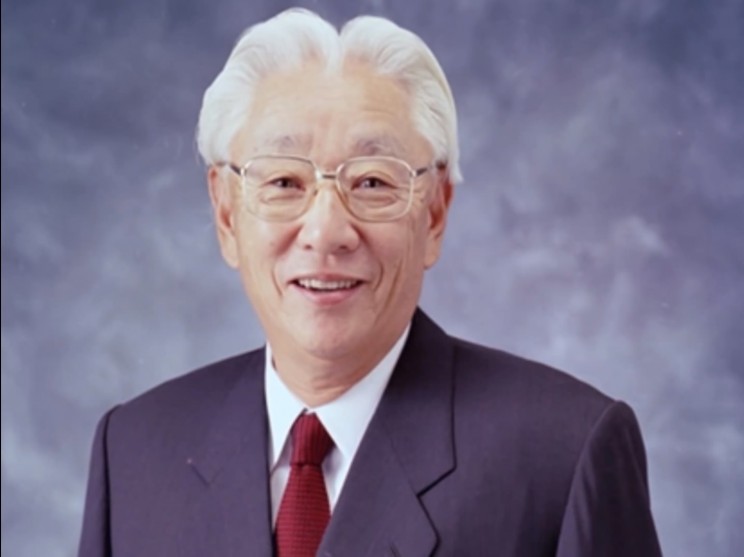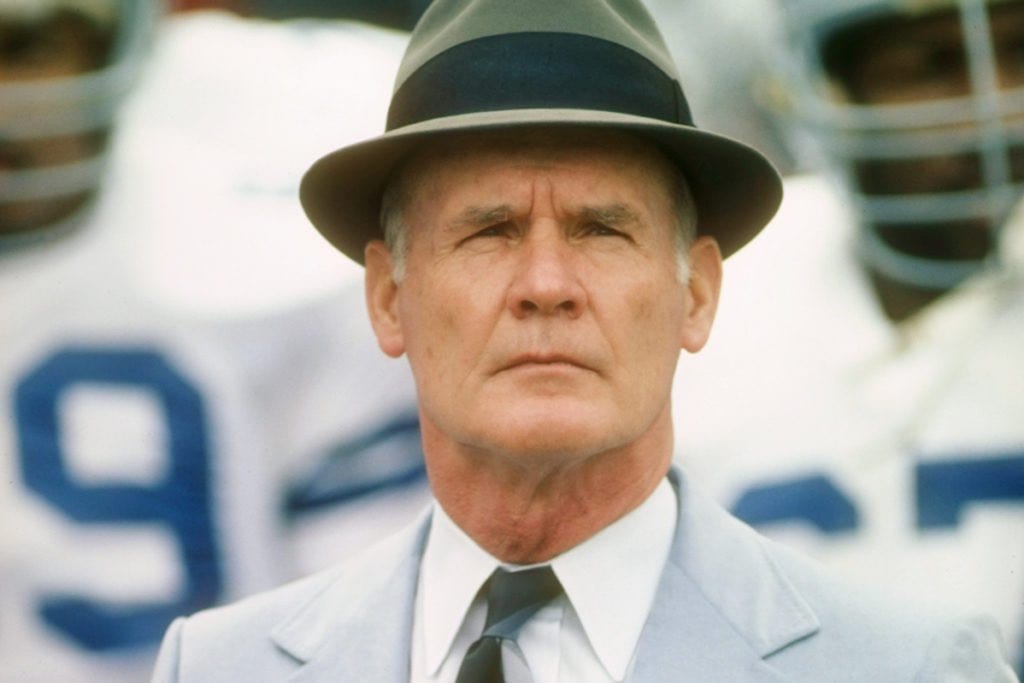Conflicting expectations. The booing of a crowd. A hard-hitting rejection letter. Everyone who pursues excellence fails at some point on their journey.
For many – perhaps, even, for most – that point is when they give up. Working towards greatness is not an easy feat, and when the going gets tough, those who aren’t fully committed (and maybe a little crazy) tend to start looking for a reason to throw in the towel.
Those that don’t? They’re the 8 Percent.
They’re the ones who push through early criticism to redefine an industry. Whose failures serve as a lesson for their next great venture.
Below is a list of eight people who refused to give in. They’re people you know. People you admire. And people whose great work carved a path we can use as a guide for our own.
NICK WOODMAN
Founder of GoPro
Woodman left school with a bachelor’s degree in visual arts and an entrepreneurial drive. Over a few years, he generated $3.9 million from investors for two ventures: a web store for electronics called EmpowerAll, and gaming/marketing platform Funbug.
Both proved to be failures; failures Woodman hoped to get over by taking an extended surfing holiday in Indonesia and Australia.
While out in the waves, Woodman came up with an idea that would make it easier for surfers to film themselves in action. He funded the venture with the help of his family, as well as by selling seashell necklaces out of his car.
GoPro was founded in 2002. Not only are their cameras owned by millions of individuals worldwide, but they’re also used by the NHL, Red Bull, and a slew of other companies to create intimate and exciting content.
Woodman is worth an estimated $1.8 billion.
WILMA RUDOLPH
Multi-gold medal winning Olympian
“The triumph can’t be had without the struggle.“
Rudolph’s challenges started on the day she was brought into the world. Born prematurely as the youngest of 20 children, she suffered from a range of illnesses through her childhood, including scarlet fever and pneumonia. The worst, however, was polio, which she contracted at age four. The virus rendered her left leg paralysed and Rudolph became reliant on treatment until the age of 13.
Only three years later, at the age of 16, Rudolph took part in her first Olympics, where she won a bronze medal as part of the 4 x 100 metre relay team.
In 1960, she took the Rome Olympics by storm, winning three gold medals for 100m and 200m dash, and the 4 x 100m relay.
CHARLES M. SCHULZ
Creator of the Peanuts Cartoon
The misadventures of Charlie Brown in the classic Peanuts comic strips weren’t so different from the trials of tribulations of its creator, Charles M. Schulz.
Take the strip in which eternal bully Lucy asks Charlie Brown to sign a picture he drew, only to reveal the request to be a prank, leaving him sulking. It’s a reference to Schulz’s high school yearbook committee, which refused to publish his work. The same would go for Disney years later.
Schulz continued drawing regardless, and a decade after leaving school published his first Peanuts cartoon in nine American newspapers.
Over his lifetime, the resulting franchise and merchandising rights earned him $1.1 billion…and the high school that rejected his work now boasts a five-foot statue of Snoopy in its main office.
FLORENCE NIGHTINGALE GRAHAM
Founder of Elizabeth Arden
Florence Nightingale Graham – better known by her professional name, Elizabeth Arden – started her first job at E. R. Squibb Pharmaceuticals Company as a bookkeeper, but more often than not she could be found in the labs, learning about skincare.
Despite intense pressure from her family to marry, Graham converted her home kitchen into a lab with the intent of taking what she had learnt at her day job to create the perfect beauty cream.
It would be another decade, and a relocation to New York, before Graham found success. She went on to become one of the wealthiest women of her generation, and a pioneer of the modern beauty industry.
AKIO MORITA
Co-founder of Sony
Akio Morita was an innovative genius, though you wouldn’t pick it from his first invention: a rice cooker that would immediately burn the contents, regardless of how much water was in it. It sold less than 100 units, which was close to 100 too many.
Unphased, Morita nevertheless continued in his goal to create a pioneering electronics company. Less than a year after the end of World War II, and with resources scarce in a country still recovering from defeat, he founded Tokyo Telecommunications Engineering Corporation with 20 employees and initial capital of around $3000AUD.
Two years later, the company developed magnetic recording tape, changed its name to Sony, and quickly grew to rank 97 on the 2018 Fortune Global 500 list.
WHOOPI GOLDBERG
Trailblazing Entertainer
If there’s one subject on this list who defines what it means to overcome exceptional challenge to achieve excellence, it’s Whoopi Goldberg.
Goldberg grew up in poverty, suffered from dyslexia, and abandoned high school after becoming addicted to drugs. She worked as a bricklayer, and applied makeup on corpses for their funerals.
Eventually, she became an entertainer, as she had dreamt of to be after seeing Nichelle Nichols on Star Trek and shouting “Momma! There’s a black lady on television and she ain’t no maid!”.
Goldberg is one of the few individuals to have won the prestigious EGOT: an Emmy, Grammy, Oscar, and Tony Award. She was also the first woman to receive the Mark Twain Prize for American Humour.
TOM LANDRY
NFL Coach
Tom Landry’s first season as coach of the Dallas Cowboys remains one of the worst on record: zero wins, and five or fewer over the next four years.
Fans of the new franchise weren’t happy, but Landry remained focused. With experience came new ideas; revolutionary ideas that resulted in the nickname ‘The Great Innovator’. Many of his ideas, from the 4-3 defence to the philosophy behind team composition, remain in popular use today.
A decade later, he led the team to 105 regular season wins, two wins in the Superbowl, five NFC titles, and 13 Divisional Titles. After 29 years at the club, he retired the third most successful coach in the game’s history.
JERRY SEINFELD
Comedian
When Jerry Seinfeld first took to the stage, he had what he thought was a pretty good act laid out. It’s too bad he couldn’t remember any of it.
He lasted about three minutes before being booed off the stage.
For many comedians, that would have been the end of it. There’s little worse than failing in front of an audience. Seinfeld wasn’t just any comedian though.
He returned the following night, and killed it. So began the career of one of the most revered and successful entertainers of a generation.

